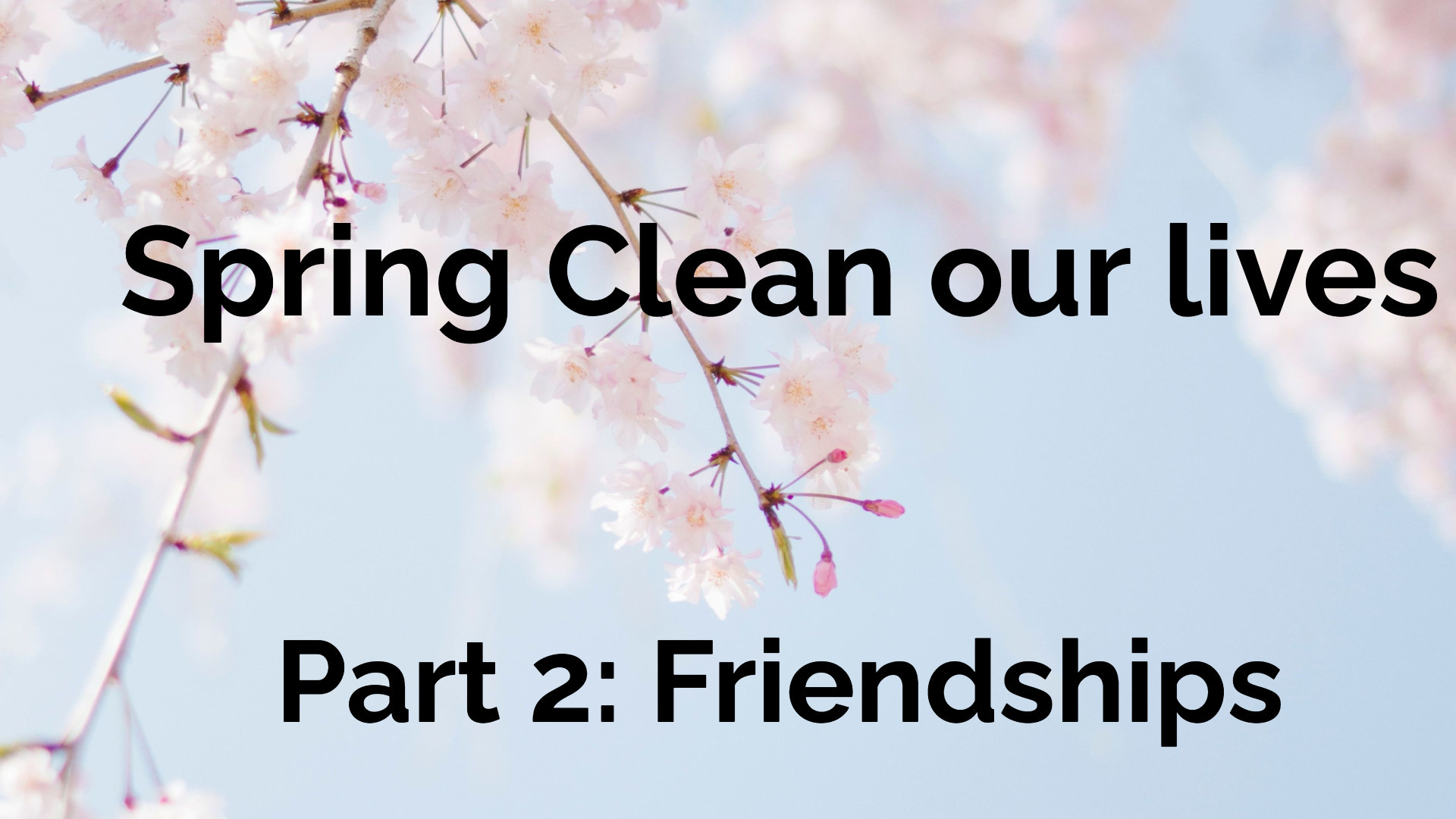There is something about spending time with Buddhist teachers; they radiate calmness and happiness. I always feel more at peace.
At a recent talk by the Venerable Joan from Kopan Monastery much of what she said resonated with my work.
I like that religion is downplayed and the focus is on personal or spiritual development. The Dalai Lama wants to share the concept of kindness without the religion. For it to be integrated into our own philosophy or spiritual beliefs. We can go on to study Buddhism in depth, but we can also take the principles into our life.
Lessons for life. And what I learned today:
This is the first time I haven’t sat with notebook ready. So, this is what I remember writing this up the following day. I’ll have missed things, but what I do know was I was nodding inwardly as much resonated with my current thinking and experiences. I know that since my Vision Quest, I have found it much easier to have a quiet mind.
We should act from compassion.
If someone is angry, or you are jealous, let it go. Think of the impact on you. In many situations we can choose to be kind, unkind or neutral. Be kind and there will be no suffering in future lives.
It’s the changes in our mind that help us to reach our full potential as human beings. Dharma is bringing about real transformation in our lives.
Consider Analytical Meditation
Analytical meditation will take us beyond mindfulness, which is a useful first step, and to go deeper. Focus on a reading of a topic, e.g. anger or happiness and consider what does this mean? Through the means of analysing a reality, you gain a deeper understanding on a subject such as compassion.
First mediate, and then ask, for example, why do we need to practice compassion. What is the benefit, what can we do with compassion, really analyse it.
I was interested in learning more on this, I’d gone to the talk with pretty much no sleep the night before, having done an overnight flight into Nepal.
I read that we often do “analytical meditation” in daily life. So, for example, when we think good things of someone, we think of all the examples we can to support this. This strengthens our feelings and our attachment grows. So, if someone says something negative it has little impact. We can do the same with e.g. anger and be fully clear on what this means to us, I think this would mean that we are more accepting and less likely to get angry when provoked.
We all get old and should accept death.
Most people don’t want to think about dying and want to stay looking young for ever. People are not used to seeing dead bodies and what it is like to die. Everyone dyes their hair and pretends that they are young. What we need is for older people to step up to use your wisdom. Exactly! That’s what my doctoral research is about.
Social, Emotional and Ethical Learning
This was launched a few months ago by the Dalai Lama. A way of bringing more kindness into life and to start with children. To strengthen positive human values. Social, Emotional and Ethical (SEE) Learning is a program to nurture emotionally healthy and ethically responsible individuals, social groups and wider communities. It’s ethics and human values like compassion, tolerance and forgiveness that are important.
The Three Dimensions
Awareness – developing an understanding of our thoughts, feelings and emotions. Awareness helps us to perceive our own inner life, the presence and needs of others, and interdependence as a feature of our lives and the world in which we exist.
Compassion – training in a way of relating to ourselves, others and humanity, with kindness, empathy and a concern for their happiness and suffering. Competency in this requires critical thinking, an understanding of one’s own needs and wants, and the ability to discern what will bring about one’s own long-term well-being.
Engagement – putting into practice methods gained from training in awareness and compassion.
The process is:
We learn by becoming exposed to basic information and developing an understanding of each value.
Using critical thinking, we then investigate the values using different lines of approach and apply them to our own situations, which leads to “critical insight.” This refers to the “a-ha” moments where we gain personal insight, connecting the first level of knowledge to our own lives.
Repeated familiarization transforms the values into character strengths and personality traits.
The Three Domains
We start at the personal life. Before attending to the needs of others and the wider community, we must first learn to attend to our own needs and inner life. We develop emotional literacy, able to identify emotions and understand their effects, allowing us to refrain from impulsive behaviour that can harm ourselves and others.
We then move onto the Social level and to relate well with others. Then to look at the global level and to see things from multiple perspectives.
Learning Threads
We can learn more in 4 ways
Critical thinking – exploring topics and experiences through logical reasoning, multiple perspectives, dialogue and debate to reach a deeper understanding.
Reflective practices – directing attention toward personal experiences in a structured way to internalize the skills.
Scientific perspectives – understanding the scientific viewpoint of our emotions and the world, to provide an approach that is impartial to culture or religion.
Engaged learning – getting involved with participatory learning strategies, such as creative expression (arts, music, writing) or ecological learning (engaged directly with the natural world), that allow subsequent reflection.
Read more: http://www.compassion.emory.edu/SEE-learning.pdf
And – https://seelearning.emory.edu/node/5






[…] article first appeared on the Amazing People website – https://www.amazingpeople.co.uk/we-should-act-from-compassion/ and was writtern on my return from Nepal in […]